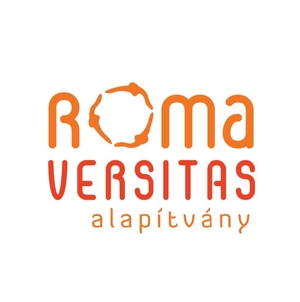PECAO peer educators training online and offline
The Covid-19 pandemic has changed the work we usually do and the way we implement our projects. ERGO Network together with its partners in the framework of the “Peer education to counter antigypsyist hate speech” (PECAO) project adapted to this new situation and moved on with the project implementation.
Peer educators are the most crucial part of PECAO. They receive training to conduct peer education workshops and activities with other young people, as well as monitor and report hate speech online.
Due to the restrictions and health measures in place, ERGO Network and Integro Association combined an online and offline training for the group of 50 peer educators to make the best out of the situation for everyone.
Those who could not travel to Bulgaria had the opportunity to follow an online training course from to 13 August, and those able to travel to Bulgaria had their offline training course in Albena from 10 to 15 August 2020.
Our partner Integro took care of all necessary measures to ensure safety of the participants in the offline training by respecting all protocols when it comes to protection against Covid-19.

During both trainings, the participants could work with and be trained by professionals in the field of addressing hate speech. For example, with Prof. Tomova the participants received information about the impact of stereotypes and prejudices and how media constructs, reinforces and consolidates negative stereotypes and prejudices against Roma. They also worked on content analysis of media products that target Roma.
Throughout the training course, participants had the opportunity to share their experiences and knowledge on the topic, and experts such as lawyers Ms. Mihaylova and Mr. Kashamov introduced the international frameworks that protects against hate speech, as well as shared and made comparison with their national legislation.
The training ended with practical exercises of writing complaints and signal against hate speech, as well as understanding the standards of various social networks for countering hate speech online.
As next step, the peer educators and mentors of the PECAO project will start with their peer education and monitoring activities, which are going to last from October 2020 until September 2021. ERGO Network and its partners will keep you updated on the implementation.
For more information, please follow our Facebook page.






 From the 29-30 September, VORAE furthermore organized a Summit on antigypsyism in Prishtina, bringing together important stakeholders from Kosovo and abroad, including ERGO Network Director Gabriela Hrabanova, representatives of UN offices, embassies and other civil society organisations. The summit explored ways to combat antigypsyism in Kosovo and at European level and put a special emphasis on the role of women.
From the 29-30 September, VORAE furthermore organized a Summit on antigypsyism in Prishtina, bringing together important stakeholders from Kosovo and abroad, including ERGO Network Director Gabriela Hrabanova, representatives of UN offices, embassies and other civil society organisations. The summit explored ways to combat antigypsyism in Kosovo and at European level and put a special emphasis on the role of women.
